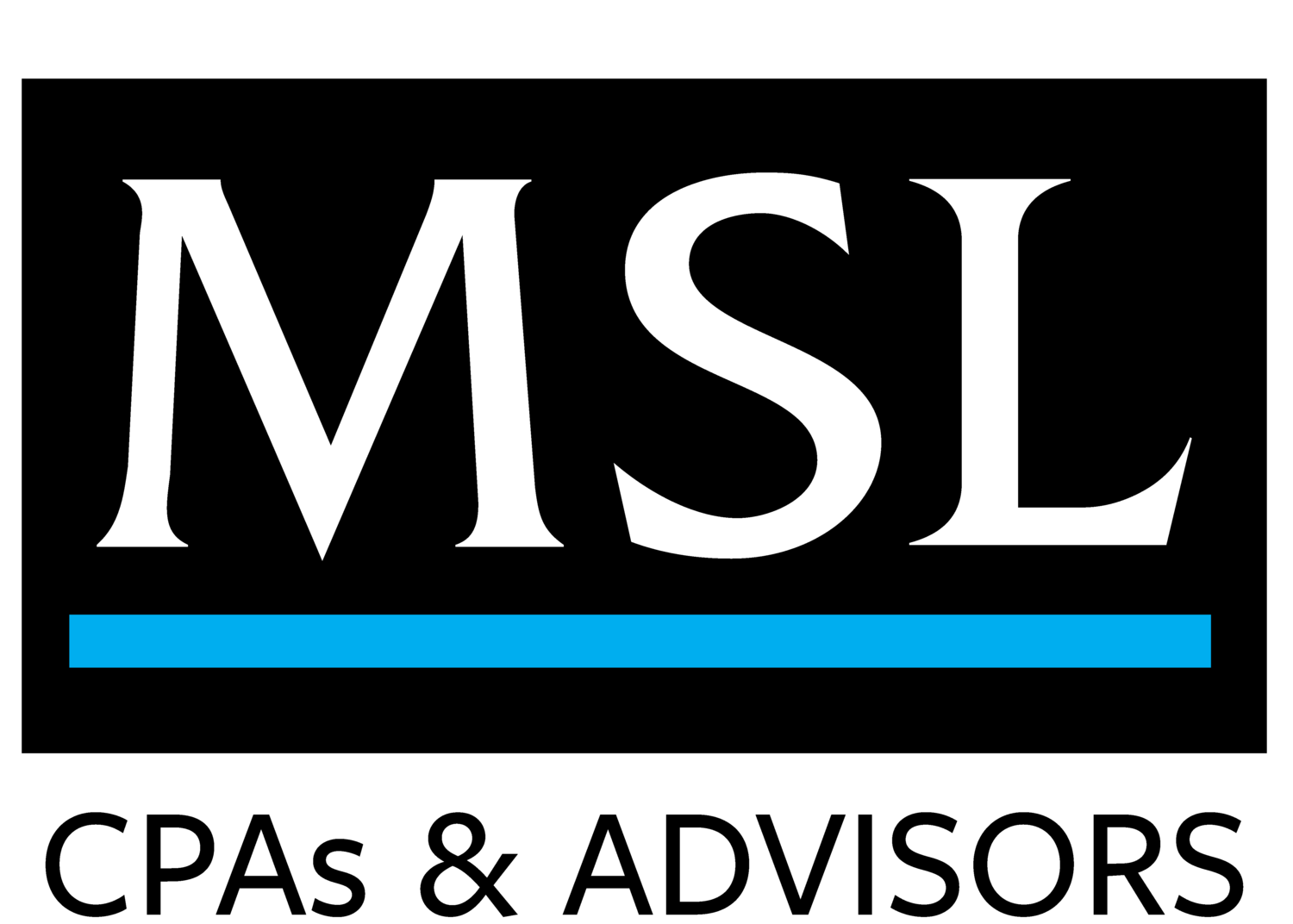The Future of the Altera Tax Case and Cost Sharing is On Hold...
/Credit: Moore North America
Recent Updates
On February 10th, Intel-owned Altera Corp. appealed to the Supreme Court its loss in the U.S. Court of Appeals for the Ninth Circuit over the validity of Internal Revenue Service regulations that force companies to include stock-option compensation among the assets that are valued for U.S. tax purposes when multinationals shift their intangible assets abroad.
Background on the Case
November 12th, 2019 – US Court of Appeals for the Ninth Circuit denied a petition for en banc rehearing of the June 2019 decision which upheld the validity of the cost-sharing regulation requiring stock-based compensation to be treated as a cost-shared cost, reversing the Tax Court (reaching the same conclusion as the Ninth Circuit's previously withdrawn opinion). The dissent agreed with the Tax Court’s unanimous conclusion that the Treasury’s implementation of regulation § 1.482-7(d)(2) constituted arbitrary and capricious rulemaking in violation of the Administrative Procedure Act.
The Ninth Circuit upheld the 2003 cost sharing regulations regarding the inclusion of stock-based compensation (“SBC”) under the qualified cost sharing arrangements (“QCSA”).
The Ninth Circuit’s decision will be the final word on the SBC issue unless the Supreme Court decides to take the case. The Ninth Circuit’s decision will represent precedent for taxpayers resident in the Ninth Circuit (i.e., California, Washington, Oregon, and several other Western states). The Tax Court decision remains precedent in the Tax Court outside of cases that can appeal to the Ninth Circuit.
The panel held that Treasury reasonably interpreted § 482 as an authorization to require internal allocation methods in the QCSA context, provided that the costs and income allocated are proportionate to the economic activity of the related parties and concluded that the regulations are a reasonable method for achieving the results required by the statute.
Who This Applies To?
All entities with cost sharing arrangements that have excluded Stock Based Compensation (SBC) from cost sharing reimbursements based on the prior Tax Court ruling.
It also has implications in situations where SBC compensation is not included in cost pools for service transactions
Financial Impact/Considerations
Taxpayers that have not been sharing the costs of stock-based compensation may be exposed to penalties. Penalties that could apply include the penalty for negligence or disregard of the regulations (20 percent) and the transfer pricing net adjustment penalty (20 percent or 40 percent).
Generally, most taxpayers should have accrued a tax provision for the additional income and interest in the US if SBC had been included in the cost sharing arrangements over the summer of 2019 when the Ninth Circuit released its decision.
Taxpayers should review their CSA agreements for the taxpayer’s claw back or reverse-claw back provisions to determine that adjustments that need to be made.
Taxpayers can consider filing an amended return sharing SBC before it is under examination by the authorities. A taxpayer cannot file a Qualified Amended Return (“QAR”) for a year under examination.
To alleviate exposure against the negligence/disregard penalty, most likely taxpayers would have had to report risk ratings and their Altera position on tax return schedules like Uncertain Tax Positions (Schedule UTP) or Form 8275-R (regulation disclosure statement) and set aside a reserve for adverse outcome. Simply disclosing a position (rather than correcting it on a QAR), however, does not insulate against the transfer pricing net adjustment penalty.
Alternatively, taxpayers may want to wait until any future IRS audits before making any changes.
Any Section 482 adjustments to share SBC could reduce E&P in the foreign participant – leading to adjustments in section 965 calculations or reduce tested income in section 951A calculations.
Timing
The impact of including SBC in the QCSA should be reviewed for the quarterly provisions, year-end, estimated tax payment and other reporting requirements.
MSL is an independent member firm of the Moore North America, Inc. (MNA) Association, which is itself a regional member of Moore Global Network Limited (MGNL). All the firms associated with MNA are independently owned and managed entities. Their membership in, or association with, MNA should not be construed as constituting or implying any partnership between them.






